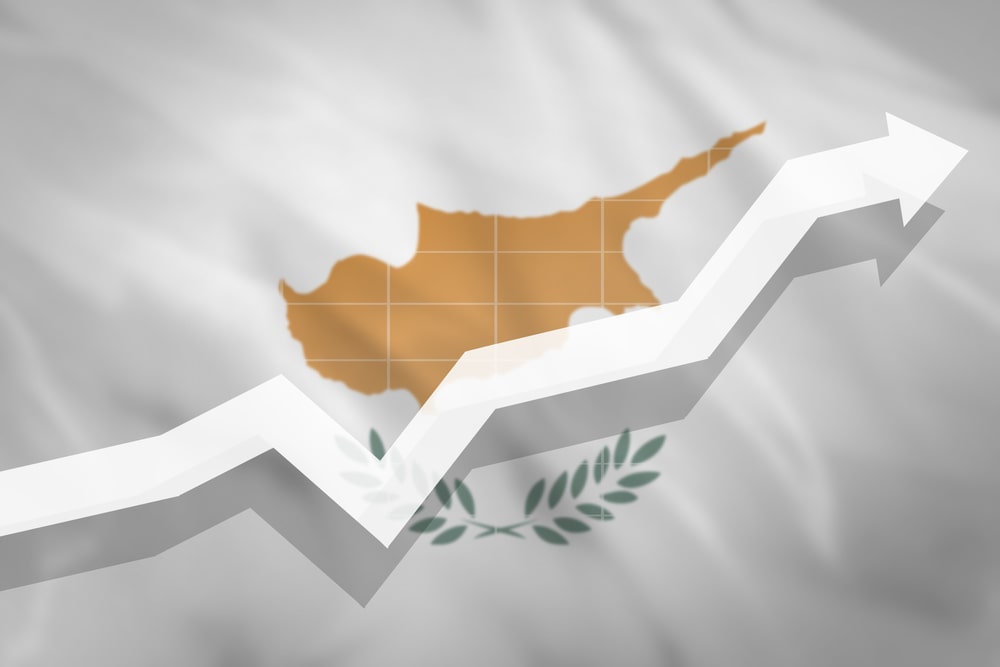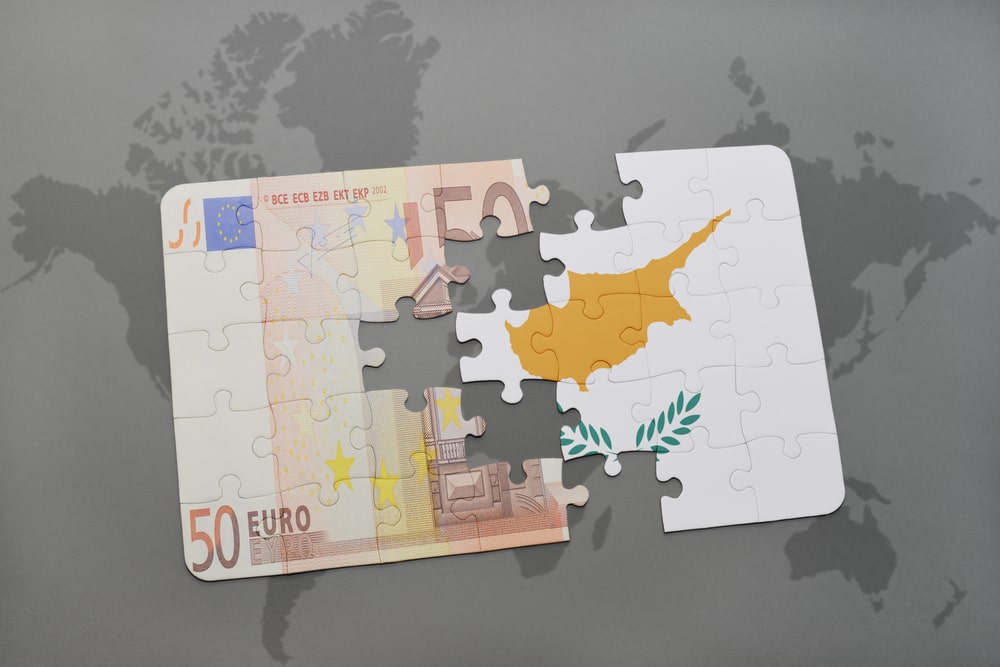President Nicos Anastasiades on Wednesday announced a new package of 10 measures to help the economy through the coronavirus crisis that includes liquidity, guarantees for loans and one-off direct grants for very small businesses and the self-employed.
He said the government was making the best of the tools of the EU and its institutions in order to support the real economy.
In a televised address after the Council of Ministers approved the new economic package, Amastasiades also had a stern word of warning for the few, as he said, who were not complying with the hygiene protocols and whose irresponsible behaviour risked pushing Cyprus backwards rather than forwards as it moves to gradually relax the lockdown.
The coronavirus has been contained but not eliminated, he warned and the state will not tolerate or allow those who do not respect the rules to undo the work of all.
Anastasiades referred to the actions taken so far to bolster businesses and the labour market, and to help liquidity — including the Labour Ministry’s support schemes and the suspension of loan installments for nine months.
He then outlined the 10 new measures approved by the cabinet this evening. Details will be given by the Finance Minister at a press conference tomorrow.

The measures are:
1. Liquidity of €800m to finance small and medium size companies through the Cyprus entrepreneurship fund. Beneficiaries will be SMEs with a maximum number of 250 employees
2. The government decided in cooperation with the European Investment Bank to increase its scheme of loans for Cyprus SMEs and mid-cap companies by €500m. Beneficiaries are companies that are registered and operate in Cyprus and employ up to 3000 people.
3. Cabinet approved the participation of the Republic of Cyprus in the Paneuropean Guarantee Fund that was created to deal with the impact of the pandemic in EU member states. Cyprus is expected to draw €300m to €400m for the economy. Beneficiaries will be SMEs and mid cap companies affected by the pandemic. The loans will be guaranteed by the fund by 80%.
All the loan schemes have clauses to protect jobs.
4. A scheme to subsidise the interest on new business loans including the self employed, who have problems with liquidity as a result of the pandemic. This covers loans from March 1 to December 31 2020. All companies and self employed can participate provided they are not considered problematic as per the definition of the EU Commission. The subsidy will be for four years — up to 3.5 pp in the first two years and 2 pp for the third and fourth for SMEs and self employed and 1.5 pp for big companies.
5. In order to support home ownership, the cabinet decided to subsidise interest on loans from March 1 2020 to December 31 2020 under conditions. Loans should not exceed €300,000 The subsidy will be for four years for 1.5 pp.

6. One off payment for very small and small companies and self employed to cover part of their rent and operating costs. The total amount is in excess of €100m and will be for about 50,000 small companies and self employed as follows: Self employed and small companies that had suspended or partly suspended operations and were part of the Labour Ministry’s schemes from April 13 to May 12 and who employ:
a) 1 person €1250
b) 2 to 5 persons €3000
c) 6 to 9 person €4000
d) 10 to 50 persons €6000.
7. To support the recovery cabinet decided that tenders will be invited for all development projects irrespective of when they were scheduled in the budget.
8. To boost tourism and connectivity additional incentives of €6.3 m which with the current scheme brings the total to €15.7 m to be paid by the end of 2020.
9. To bolster tourism accommodation and catering establishments VAT will be reduced from 9% to 5% for the period of July 1 2020 to January 10 2021.
10. €22 m for the agricultural sector
The total sum to be paid by the state to safeguard jobs and cover part of the operating costs and rents of the self employed and businesses is €430 m or more, the president said.
At the same time, in order to boost liquidity, the measures make it possible to draw loans of €1.7b, without including subsidies by the state of interest for business and housing loans, he added.
“With its decisions today, the government once more proves its determination to support the dynamic restart of the economy,” he said.
And he added: “I am optimistic that with today’s generous support of the government, the hard work and determination that distinguishes you, we will overcome this economic crisis.”


